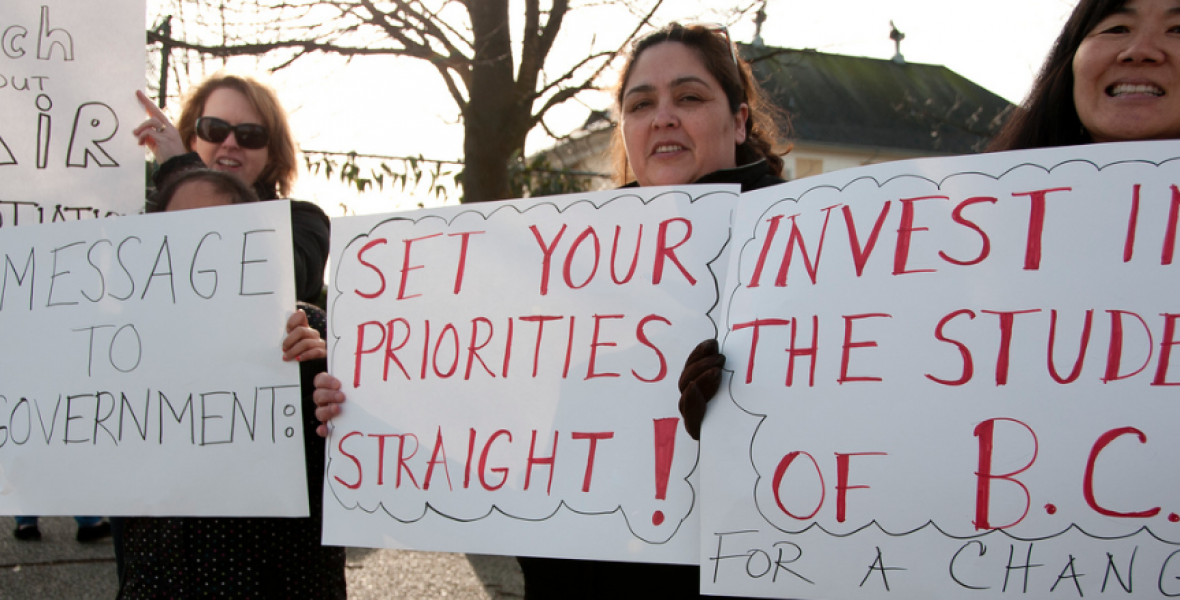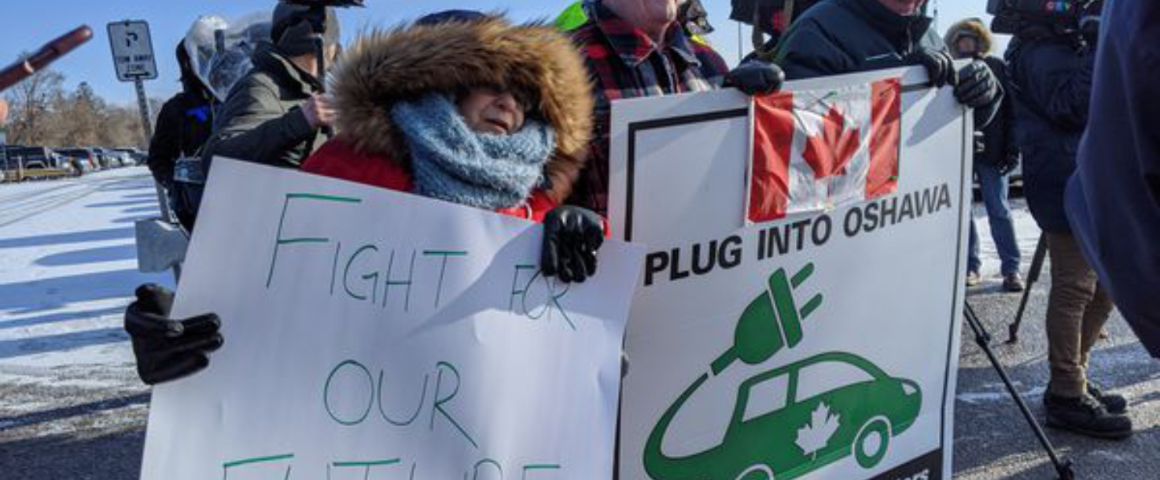The NDP government of British Columbia has released figures showing an operating surplus of $1.5 billion during the 2018-19 fiscal year. The amount is $1.3 billion higher than projected in previous budgets, thanks largely to increased revenues from personal and corporate income taxes, even though the province has not rolled back the enormous tax breaks for the rich given by the former Liberal government. The revenue increase is mainly due to higher than expected economic growth in British Columbia.
Premier Horgan’s government, based on a formal legislative agreement with three Green MLAs, has reversed some of the Liberal cuts to social programs, child care, education and health. As a result, the NDP remains ahead in opinion surveys.
But at the same time, the government has refused to tackle one of its most serious problems, the inability to attract more teachers to the public school system. The main reason is that teacher salaries are lower than most other provinces, despite the higher cost of living on the west coast.
Figures from the BC Teachers Federation show that “the minimum salary for a teacher with Category 5 qualifications ranks 12th out of the 13 provinces and territories.” The weighted average of BC teacher annual salaries is in the range of $49,376 to $78,757, compared to $62,757-$97,319 in Alberta, or $52,967-91,315 in Ontario.
The deadline has already passed to reach a new collective agreement in time for the new school year in September. There appears to be little progress in talks between the BCTF and the BC Public School Employers Association, which is effectively the voice of the government. Judging by social media discussions, teachers across the province are increasingly upset by the government’s foot-dragging, especially given the news about its fiscal surplus.




